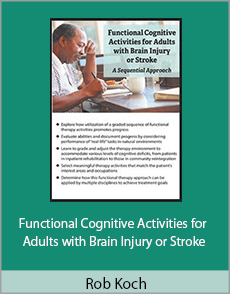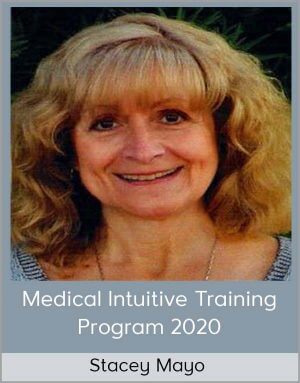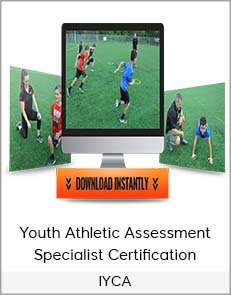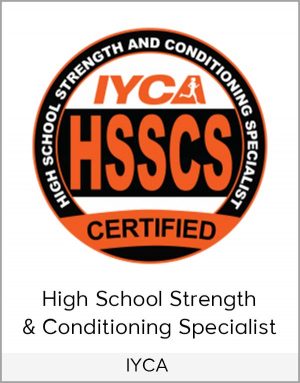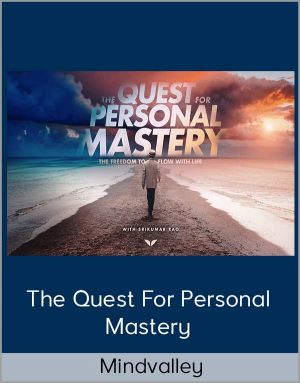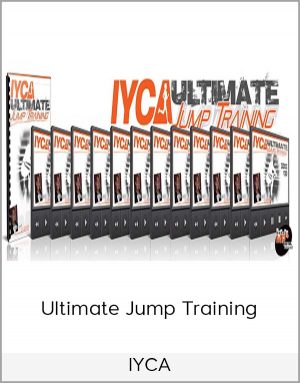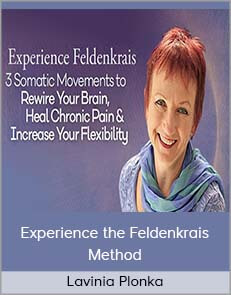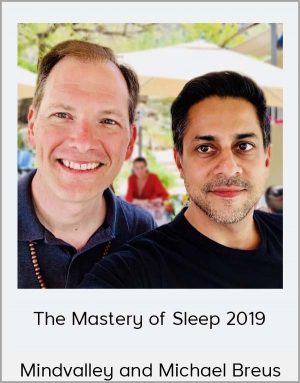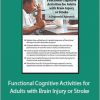Rob Koch – Functional Cognitive Activities for Adults with Brain Injury or Stroke
$45.00$219.99 (-80%)
Patients may become frustrated with their lack of progress or find themselves unable to perform necessary tasks once they return to their home environment.
Rob Koch – Functional Cognitive Activities for Adults with Brain Injury or Stroke
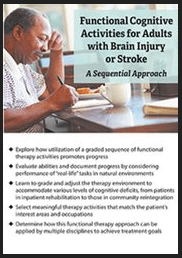
Check it out: Rob Koch – Functional Cognitive Activities for Adults with Brain Injury or Stroke
Description
Progressing from the Clinic to the Community
Typical therapy approaches used for rehabilitation of adults with cognitive deficits due to brain injury or stroke target primary cognitive sub-skills (memory, orientation, attention, etc.) in isolation. Therapy methods normally include tabletop activities, computer training, and pencil/paper tasks to improve underlying cognitive impairment. However, the learning associated with these methods does not always translate to the world outside the clinic. Patients may become frustrated with their lack of progress or find themselves unable to perform necessary tasks once they return to their home environment.
This recording introduces an innovative, alternative, and effective approach to TBI and stroke rehabilitation. It proposes that therapists dealing with cognitive deficits conduct therapy sessions that steer away from work on primary cognitive skills in isolation and switch to having the patient perform comprehensive activities in “real-life” environments. This is accomplished by utilization of a graded sequence of functional therapy activities. The main concept behind this approach is that three global factors influence the patient’s “real-life” functioning. These factors include the awareness and management of interpersonal relationships, the environment, and time constraints.
Therefore, therapy activities in this sequence have been structured to interweave the three global factors so that the patient interacts dynamically with other people, physical space, and time parameters during sessions. As the patient improves, expectations for sessions change as environmental demands increase and tasks become more complex. The levels of the sequence pertain to patients ranging from inpatient rehabilitation to those in community reintegration.Gain a better understanding of how patients’ successes in cognitive rehabilitation require a multidisciplinary effort, as well as an emphasis on “real-life” activities, to achieve maximum independence.
Handouts
Outline
DEVELOPMENT OF THE APPROACH
- The foundation of this approach
- What is functional activity?
- The three global elements of “real-life” activity
- interpersonal awareness and management
- environmental awareness and management
- time awareness and management
MODELS OF INTERVENTION FOR COGNITIVE REHABILITATION
- Remedial vs. compensatory vs. combination approaches
- Multidisciplinary implications
- coordinating the effort to increase patient’s independence
FUNCTIONAL COGNITIVE EVALUATION
- Establishing levels
- Low-level tasks
- Mid-level tasks
- High-level tasks
- Awareness and emotion
SETTING GOALS AND MEASURING PROGRESS
- Progress checklists
- Functional goal setting
ACTIVITY DESIGN, SETUP AND IMPLEMENTATION
- Preparing for sessions in advance
- Ready-made materials
- Grading the environment
- Relevance to patient’s interests and occupations
- Applications for the teenage population
CAREGIVER SUGGESTIONS
- Follow through in the home
- Ideas for community reintegration
OVERVIEW OF THE EIGHT ACTIVITY LEVELS
- Level 1: Initiating the Next Step
- Level 2: What Time is It?
- Level 3: Looking Around
- Level 4: Follow a Time Schedule
- Level 5: Beyond the Room
- Level 6: Organize the Therapy Session
- Level 7: Out the Door
- Level 8: Planning/Multitasking
DETAILED DISCUSSION OF EACH OF THE EIGHT ACTIVITY LEVELS ABOVE
- Specific activities at each level
- Contrast characteristics of activities between levels
- Case examples
- Time awareness and management factors
- Environmental awareness and management factors
- Interpersonal awareness and interaction factors
Faculty
Rob Koch, BS, OTR/L,
ROB KOCH, BS, OTR/L, has been in clinical occupational therapy practice for more than 30 years, working with people of all ages with a diverse range of diagnoses. He spent the first 11 years of his career in Utah working in developmental disabilities. There, he specialized in adapting activities and learning environments for people who have severe multiple handicaps, as well as creating several published software programs that provide better opportunities to actively participate in learning.
For 22 years, Mr. Koch worked in inpatient and outpatient neurological rehabilitation in North Carolina where his occupational therapy practice included extensive emphasis on promoting the skilled use of functional therapy activities to optimize the independence of patients with CVA, ABI, and SCI. This focus resulted in the creation of Functional Therapy Activities, a CD-ROM for use in adult neurological rehabilitation. He currently practices in a skilled nursing facility working with persons in rehab and long-term care with a variety of cognitive deficits.
Over the last decade, Mr. Koch has been developing a functional approach to improving the lives of patients with cognitive deficits due to brain injury and stroke. This approach – utilizing a sequence of functional, “real-life” activities to promote independence – is presented in detail in this seminar.
Speaker Disclosures:
Financial: Rob Koch receives a speaking honorarium from PESI, Inc.
Non-financial: Rob Koch has no relevant non-financial relationship to disclose.

